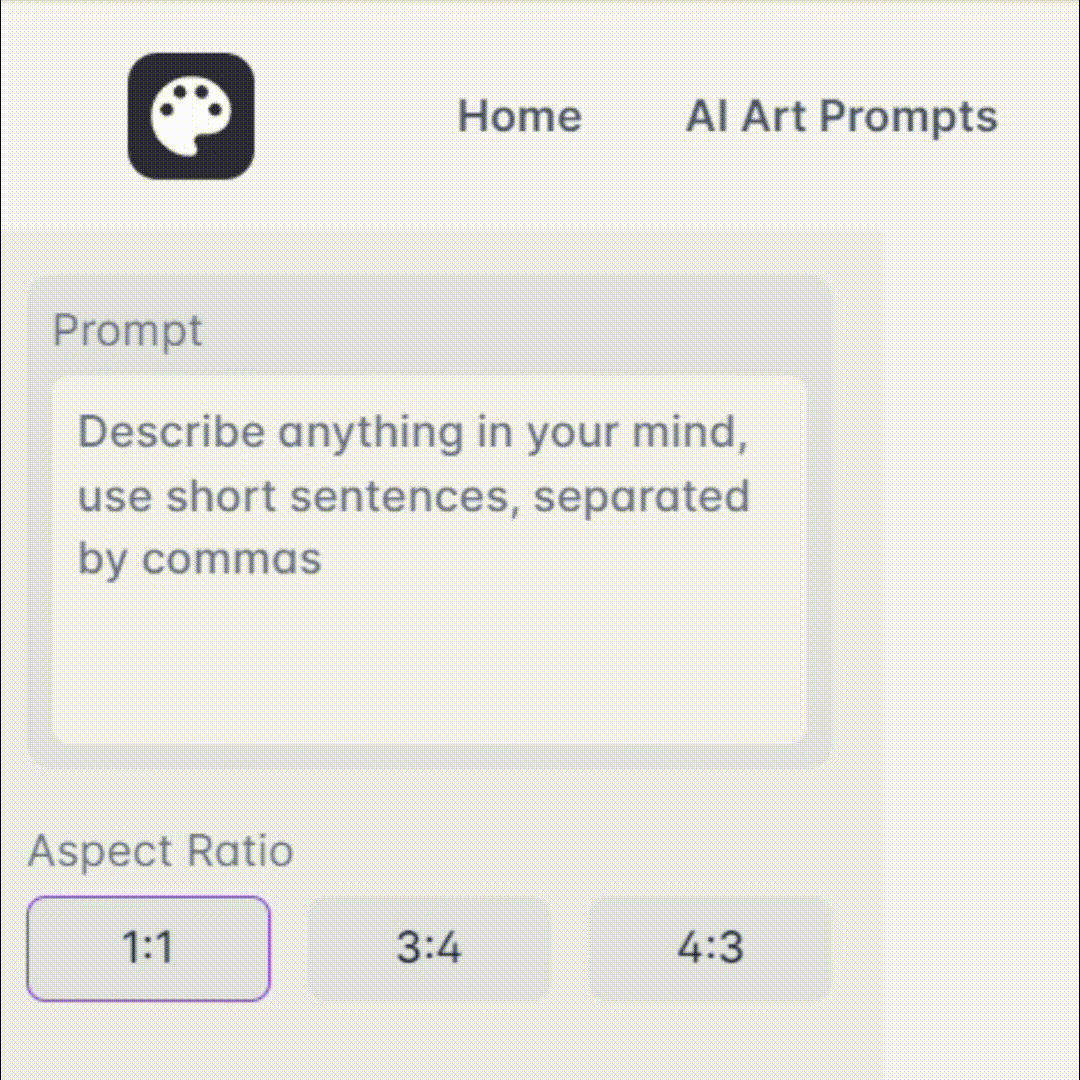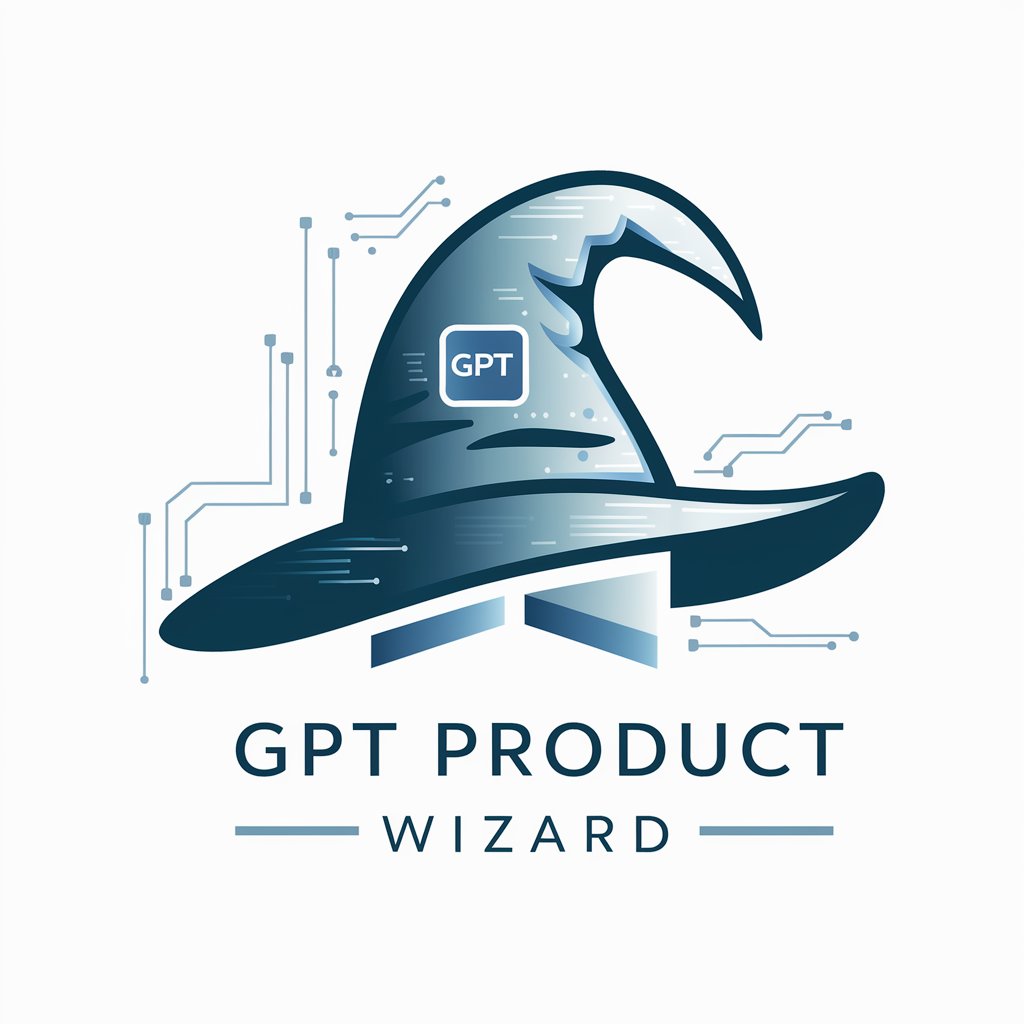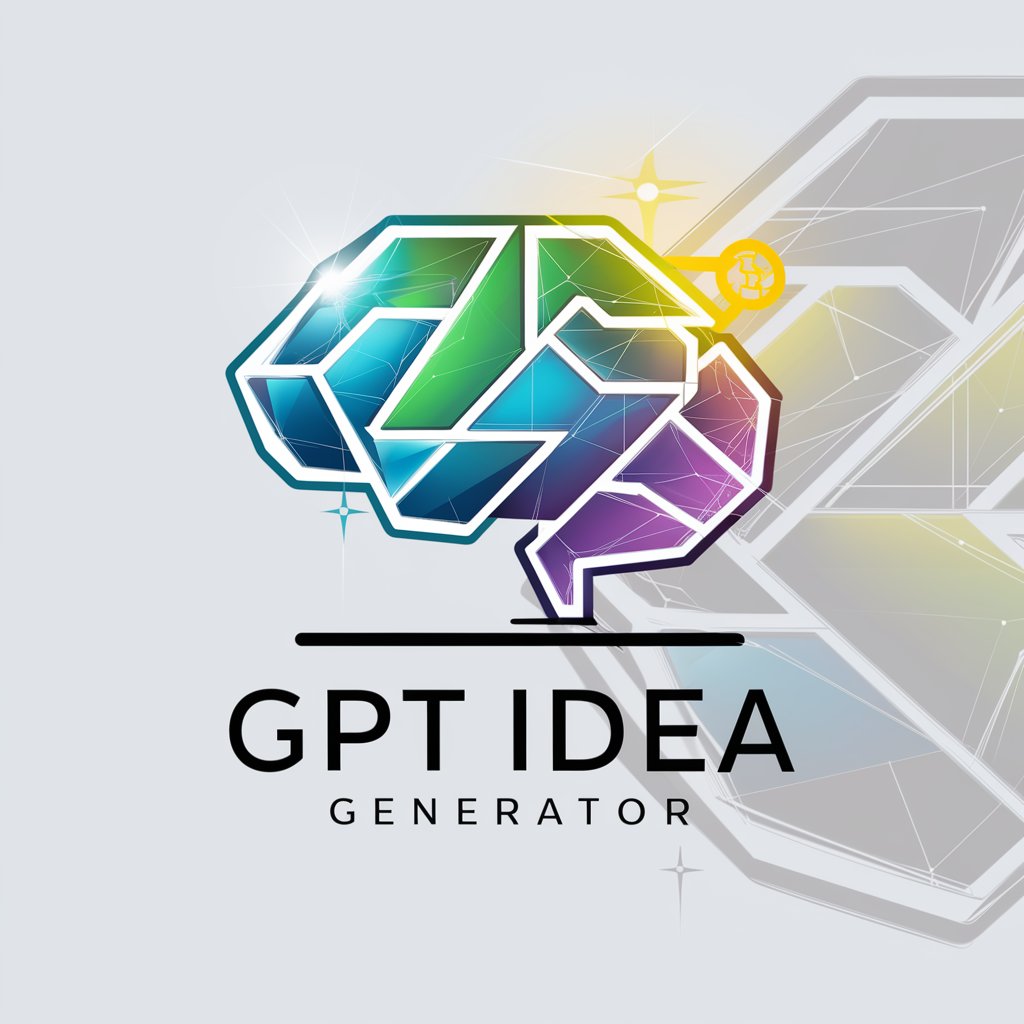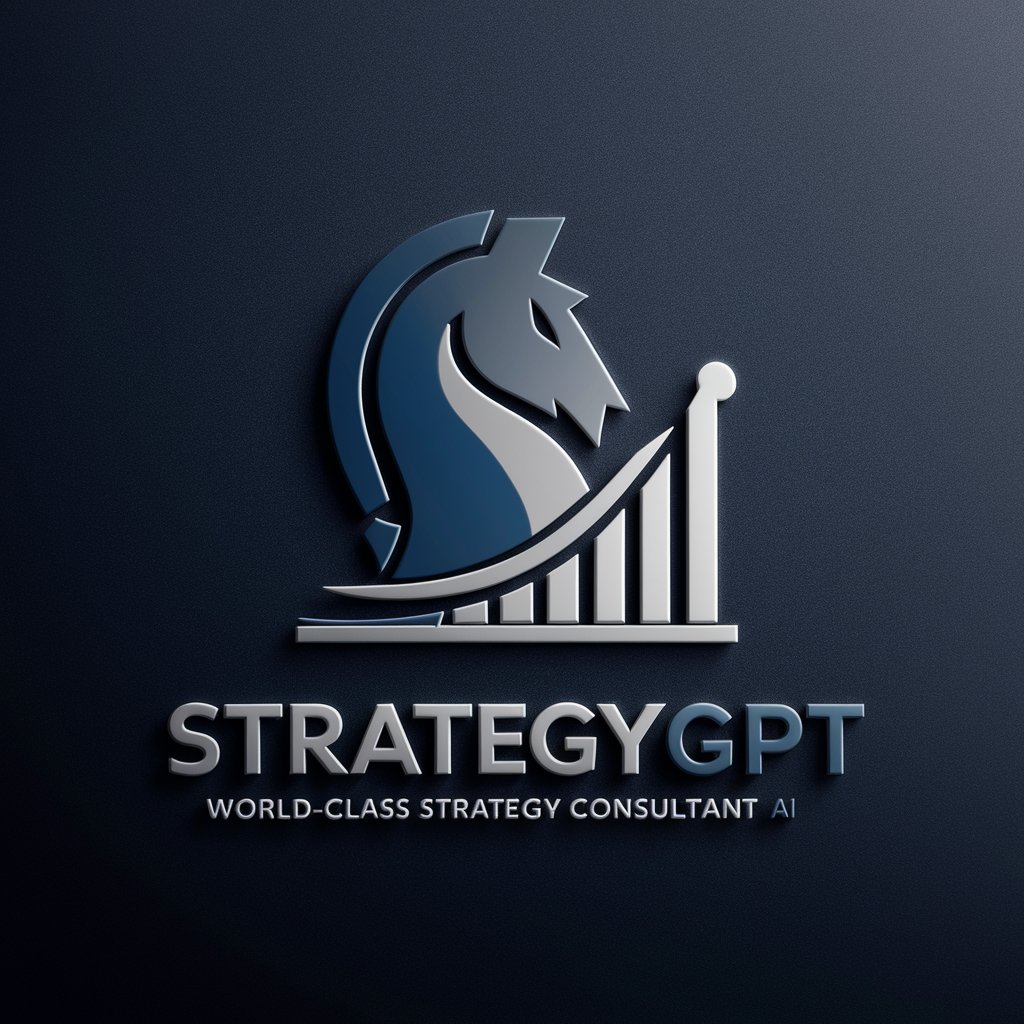
🧠 IP Strategy Wizard GPT 📚 - IP Guidance and Strategy

AI-powered Intellectual Property Guidance
Help
Daily Briefing
I Want My Own GPT!
Feedback
Can you help me search for a patent?
What should I know about trademarking my logo?
How can intellectual property improve my business strategy?
Get Embed Code
Overview of the Intellectual Property Consultant GPT
The Intellectual Property Consultant GPT is a specialized AI tool designed to assist with a range of intellectual property (IP) matters. It integrates advanced AI capabilities to provide guidance on patents, trademarks, and broader IP strategy. It's particularly adept at conducting thorough patent and trademark searches, offering strategic advice on IP protection and exploitation, and clarifying complex aspects of IP law. This tool is not just an information repository but a consultative assistant, capable of tailoring its responses to specific industry contexts and user needs. For example, it can analyze a particular technology's patent landscape or advise on trademark classes relevant to a new brand. Powered by ChatGPT-4o。

Key Functions of the Intellectual Property Consultant GPT
Patent Search and Analysis
Example
Conducting in-depth searches for patents related to a new type of solar panel technology.
Scenario
A clean energy startup seeks to understand the existing patents in their field to navigate around potential infringements and identify opportunities for innovation.
Trademark Advice
Example
Guiding a new beverage company in selecting and registering a trademark.
Scenario
The company needs to ensure its brand name and logo are unique and legally protectable, avoiding conflicts with existing trademarks.
IP Strategy and Protection
Example
Developing an IP strategy for a software company.
Scenario
The company requires a comprehensive plan to protect its intellectual assets, including software code, branding, and proprietary methodologies, in multiple jurisdictions.
IP Law Education
Example
Explaining the differences between copyright, patent, and trademark laws.
Scenario
A group of aspiring entrepreneurs needs to understand the basic tenets of IP law to ensure their startup is legally compliant and fully leveraging its IP.
Target User Groups for the Intellectual Property Consultant GPT
Startups and Entrepreneurs
This group benefits from IP consultation for protecting their innovations, ensuring their branding is unique and learning how to leverage IP for business growth.
Legal Professionals and Law Firms
They can utilize this tool for efficient preliminary patent and trademark searches, gaining insights into complex IP cases, or staying updated on IP law developments.
Academic Researchers and Institutions
Researchers can use this tool to understand the IP landscape in their field, explore patentability of their innovations, and learn about IP laws relevant to their work.
Business Executives and Corporate IP Managers
This tool aids in strategic IP planning, risk assessment, and decision-making about IP investments, crucial for maintaining competitive advantage in the market.

How to Use the Intellectual Property Strategy Wizard GPT
Start Your Trial
Begin by visiting a platform offering a free trial of the Intellectual Property Strategy Wizard GPT, ensuring access without the necessity for login or a premium subscription.
Identify Your Needs
Clearly define your intellectual property concerns or objectives, whether it's for patent searches, trademark advice, or strategic IP planning.
Interact with the GPT
Use the chat interface to ask specific questions related to your IP needs. Be as detailed as possible to receive tailored advice.
Utilize Generated Resources
Apply the tools and templates provided by the GPT for IP documents drafting, patent research, and more.
Follow Up
For complex queries, use the GPT's guidance as a preliminary step and consider consulting with a legal professional for further assistance.
Try other advanced and practical GPTs
📊 Actuary Expert Assistant 🧮
Empowering actuarial precision with AI

📦🔍 Supply Chain Insight Navigator 🚢🔄
Optimizing your supply chain with AI-powered insights.

👔💼🧠 Workforce Insights Genius
Elevate Workforce Performance with AI

🏙️ CityScape Architect GPT 📐
Designing Future Cities with AI

🌍 GeoData Wizard GPT 🗺️
Unlocking Geographical Insights with AI
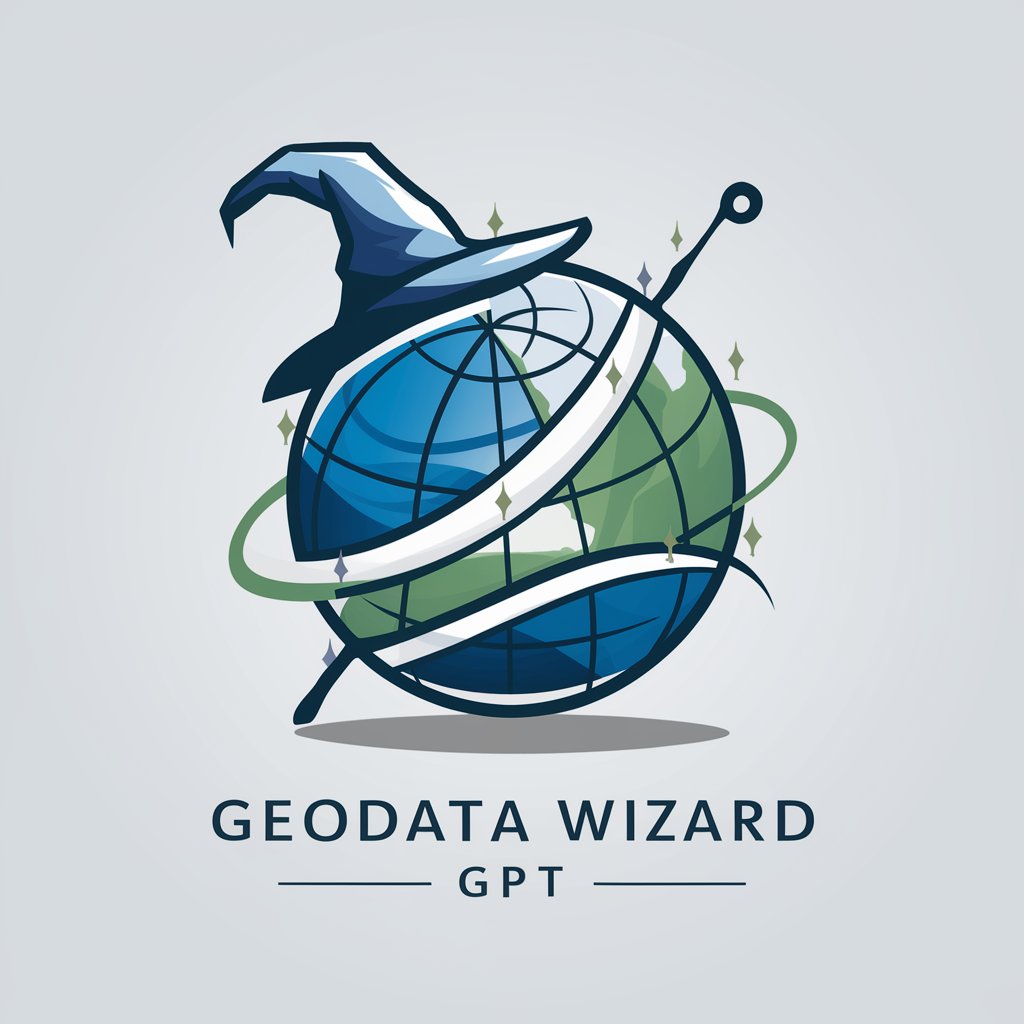
🌐📊 Global Policy Strategist 📈🔍
Empowering Strategic Decisions with AI

👩⚕️✍️ MedContent ProWriter GPT
Empowering Medical Knowledge with AI

🔬 MedExplorer Pharma Wizard 🧬
Empowering Pharmaceutical Intelligence

🌿 EcoSavvy Research Assistant 🌍
Empowering Eco-Friendly Decisions with AI

📊 Stat Whiz Prodigy 🧮
Empowering Analytics with AI

🧬 Genome Explorer Pro 🧪
Unlocking the secrets of life with AI

🚀 Sales Rocketeer Strategist 📈
Elevate Your Sales Game with AI

FAQs about the Intellectual Property Strategy Wizard GPT
What can the IP Strategy Wizard GPT do?
It offers expert advice on intellectual property matters, including patent searches, trademark strategy, IP law education, and strategic planning for IP protection and exploitation.
Is legal advice from the GPT legally binding?
No, while it provides informed guidance, its advice is not a substitute for consultation with a licensed legal professional.
Can it help with global IP strategies?
Yes, it can provide insights into global IP trends and help formulate strategies that consider international IP laws and practices.
How does the GPT keep up with changes in IP law?
It regularly incorporates the latest IP laws, trends, and case studies into its knowledge base to provide up-to-date advice.
Can it draft IP documents?
Yes, it can generate templates and draft documents for patents, trademarks, and other IP-related legal documents.
